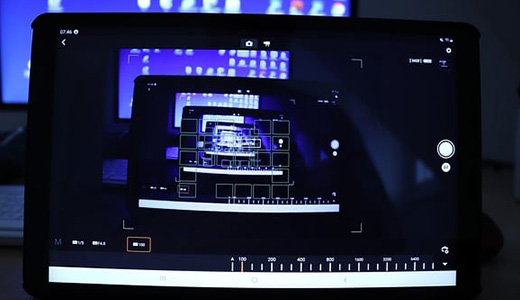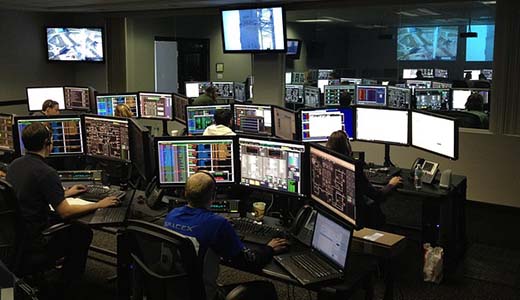What is remote alarm monitoring jobs?
Remote alarm monitoring jobs involve overseeing and responding to security alarm systems from a centralized location. Professionals in this field monitor signals from alarm systems, assess potential threats, and communicate with emergency services or clients as needed. Responsibilities may include tracking alarm activations, managing incident reports, and ensuring effective communication during security breaches. These jobs typically require strong attention to detail, problem-solving skills, and familiarity with alarm technology. Many positions are conducted from a remote office, allowing for flexible work arrangements.
Applications of remote alarm monitoring jobs?
Remote alarm monitoring jobs are essential in various sectors including healthcare, security, and industrial operations. They enable professionals to oversee alarm systems for potential breaches or emergencies from a distance. Applications include monitoring security alarms in commercial spaces, managing fire alarm systems in buildings, overseeing patient alert systems in healthcare facilities, and ensuring equipment safety in manufacturing. These roles often involve interpreting data, responding to alerts, and maintaining communication with local authorities or emergency services, ensuring swift action is taken when necessary.
Different types of remote alarm monitoring jobs?
Remote alarm monitoring jobs encompass various roles, including:
Alarm Monitoring Operator: Continuously oversees alarm systems, responding to alerts and dispatching emergency services.
Technical Support Specialist: Assists clients with troubleshooting and maintenance of alarm systems.
Surveillance Analyst: Monitors video feeds for suspicious activity or breaches.
Central Station Dispatcher: Coordinates responses between alarm signals and emergency responders.
Cybersecurity Analyst: Protects alarm systems from digital threats and ensures data integrity.
These roles often require attention to detail, communication skills, and a familiarity with security technology.
Technology used for remote alarm monitoring jobs?
Remote alarm monitoring jobs typically utilize a range of technologies including IP cameras, alarm systems with sensors, centralized monitoring software, cloud storage solutions, mobile applications, and communication tools like VoIP. These systems enable real-time alerts, video feeds, and data analytics. Additionally, integration with home automation systems and the Internet of Things (IoT) enhances monitoring efficiency. Cybersecurity measures are essential to protect data integrity and privacy.






